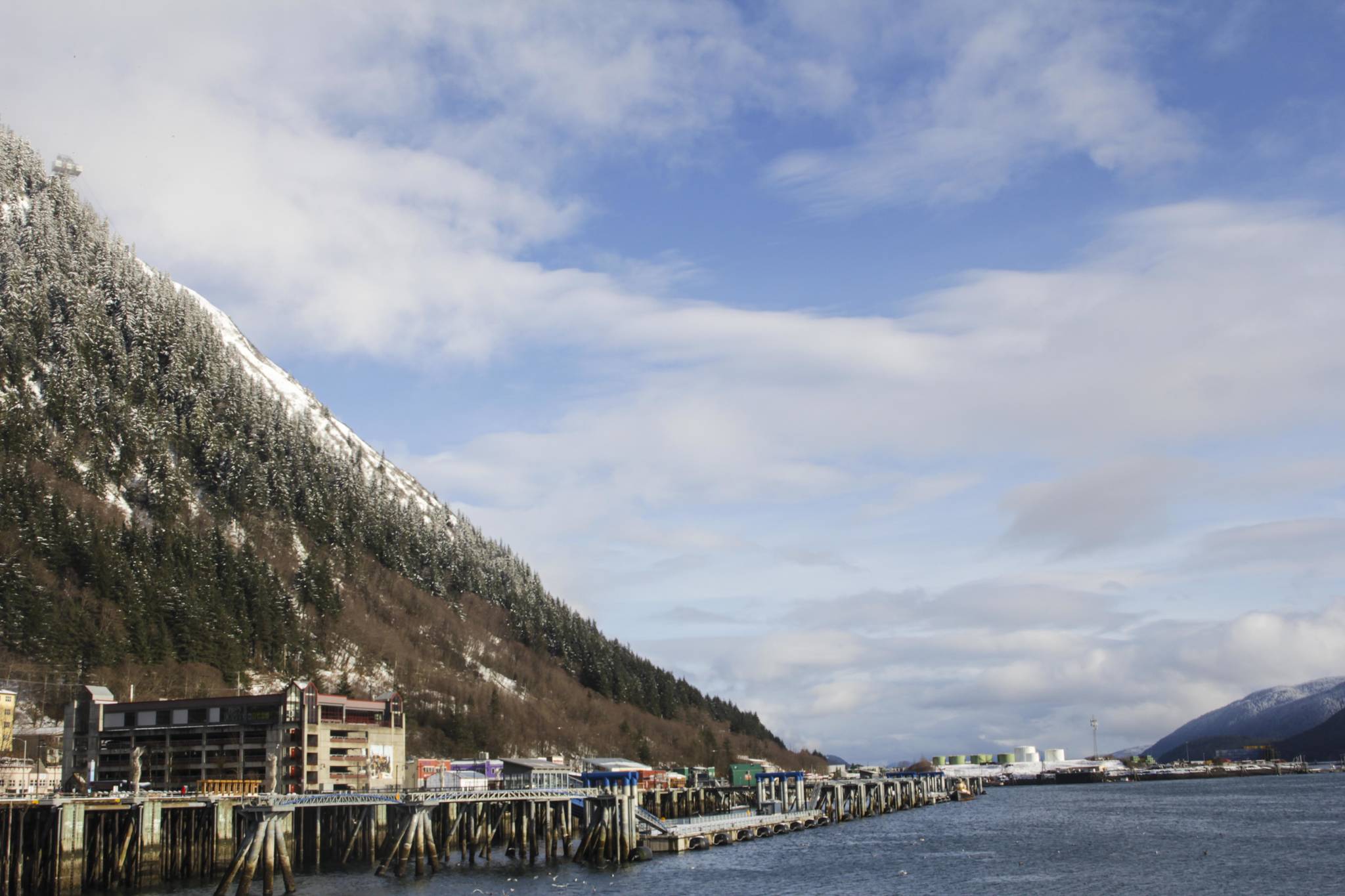In March of 1989, when I was a senior assistant attorney general specializing in oil spills, I received a phone call before 6 a.m. The caller, from the Department of Environmental Conservation, simply said “It happened.” I knew exactly what he meant. We were expecting it: A laden supertanker named the Exxon Valdez had gone aground in Prince William Sound, spilling thousands of gallons of oil into a fragile environment and one of Alaska’s richest fisheries. A huge vessel, inadequate radar, human fallibility, combined with a lack of resources for preventing and cleaning up a spill. A disaster was inevitable. Hundreds of billions in damages to the environment, fisheries that failed and some that have still not fully recovered.
Flash forward 32 years. Steady growth in the size and number of cruise ships navigating the even more challenging waters of Southeast Alaska. Passengers are projected as 1.3 million by next year, and likely more beyond that. Cruise liners will get larger and larger in order to put even more passengers onshore. Some of the newer ship, carrying over 4,000 passengers and crew, holding tanks for a small city’s wastewater, and toxic fuel to burn 3000 gallons per hour, even when they are operating normally and nothing goes wrong. Does anyone honestly believe that nothing could go wrong?
Two years ago an official of the Marine Pilots Association warned of the danger of trying to navigate huge vessels through the Inside Passage. Even with modern propulsion systems, some vessels are too large and difficult to maneuver in adverse conditions in narrow passages.
Have marine disasters happened before in Southeast? Many times. Between 2010 and 2014 there were 66 vessel disasters in Alaska, including sinkings, fires or other events that required crews to abandon ship. There are dozens of documented wrecks in Southeast in the last century. Most Juneauites are aware of the Princess Sophia wreck in 1918, 353 dead and total loss of the vessel, after it hit a reef near Juneau. Then the Princess Kathleen in 1952, no loss of life but the entire vessel went down on a reef near Point Lena, visible from the Juneau road system, with all its fuel. More recently, in 1980 the Holland America’s cruise ship Prinsendam burned and sank in the Gulf. In 1996, the Universe Explorer caught fire in Auke Bay, five killed, 76 hospitalized. News reports indicated it was the third cruise ship fire in the Inside Passage that year. In 1981 an ore freighter, the Lee Wang Zin, left a Canadian Port and capsized in Dixon Entrance with the loss of the entire crew and cargo, and leaked its bunker fuel into Canadian and Alaska waters until it was sunk by the Coast Guard.
Even the most modern ships go aground. The Costa Concordia, owned by a subsidiary of Carnival Corporation, one of the modern breed of super cruise ships, went aground on the Italian coast in calm weather in 2008 due to the captain’s poor judgment and despite the most modern navigational equipment and experienced officers. 32 people were killed, the vessel a total loss and the captain tried, convicted and jailed. Just this year, a large tanker collided with an escort vessel in Prince William Sound and another dragged its anchor for miles, unable to hold its position in a storm.
So what is the lesson for us? A spill of a single cruise ship’s bunker fuel could devastate salmon, herring, black cod and crab fisheries for many years, devastating the economy of Southeast. A cruise ship on the rocks will cut the number of passengers willing to take the risk, and a serious wreck with loss of lives will all but shut down the industry as long as the memory lasts.
These are not new facts. But what have we done about it as a community? Logic would say we take the biggest risk — from the largest, most difficult to maneuver mega-cruisers, and eliminate them in favor of fewer and smaller vessels. Has the Assembly taken steps in this direction? Has the onshore tourism industry lobbied to minimize the risk from mega ships? Just the opposite. In 35 years of being asked to deal with the issue of too many large ships and too many passengers, the Juneau Assembly has approved and used taxpayer money to build even more docks to serve mega ships. It has done literally nothing to avoid or minimize the risks to our economy, our fisheries, our environment from megacruisers.
Key West saw the problem and dealt with it by limited the largest ships, as did Venice and Dubrovnik. Other ports are taking it on. We don’t have to ban cruise tourism, but we do need to eliminate the greatest risks to our communities and our economy by keeping the Costa Concordias and the worst dangers — the largest cruise ships — out of our waters before it is too late.
Douglas Mertz was the state’s senior assistant attorney general dealing with oil spills for many years and then become a legislative liaison to the Prince William Sound Regional Citizens Advisory Committee, dealing with legislation to prevent spills from tankers. Columns, My Turns and Letters to the Editor represent the view of the author, not the view of the Juneau Empire. Have something to say? Here’s how to submit a My Turn or letter.

